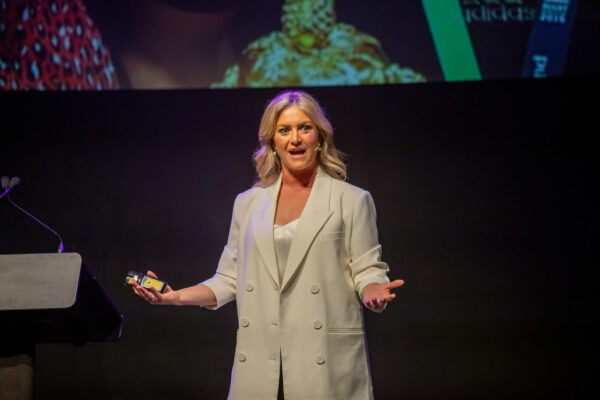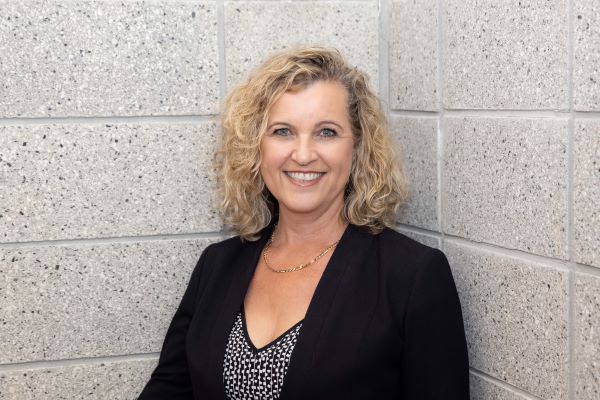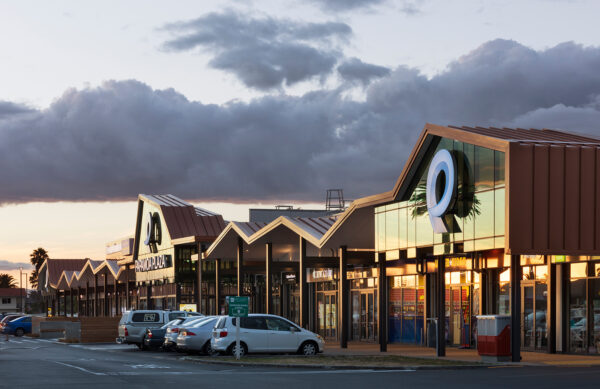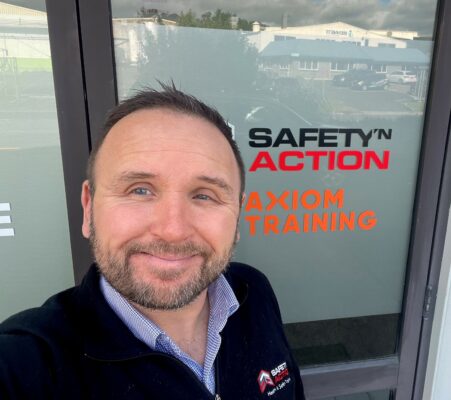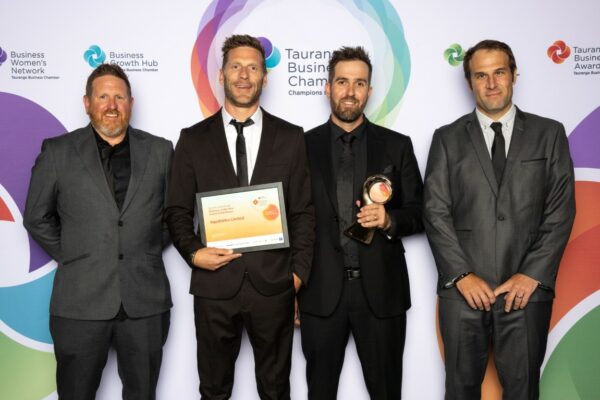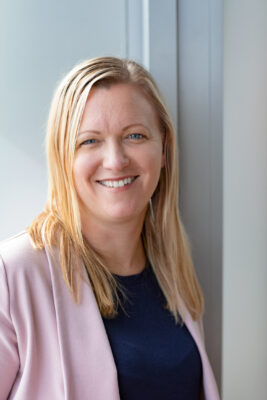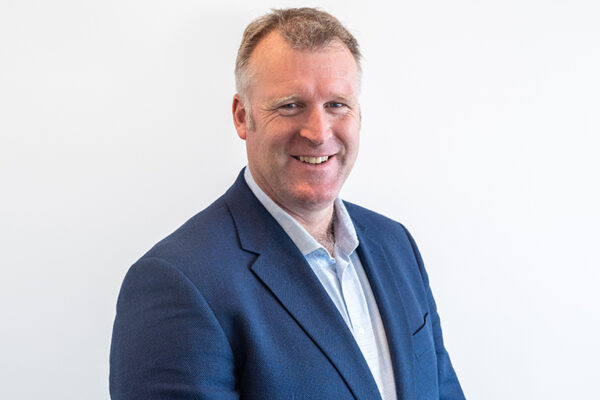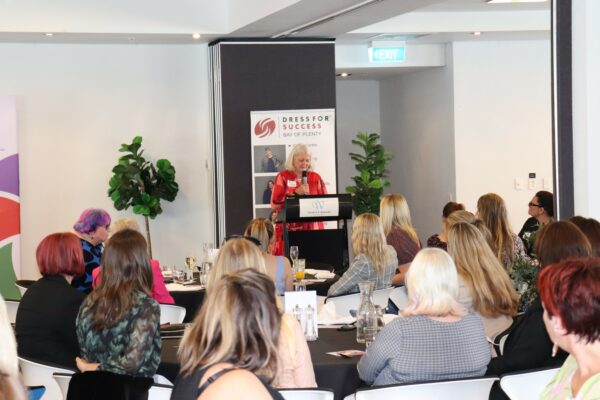New research shows that employment, specifically retaining and recruiting skilled staff, is the number-one concern of business owners in the Bay of Plenty.
Tauranga Chamber of Commerce recently undertook qualitative analysis with market research company Key Research to discover the issues facing the organisation’s members.
Scroll down the page to watch this now.
When asked to rank their top three concerns, respondents indicated their number-one concern was regarding recruiting and retaining staff (35%). Of these respondents, 71% of them said the inability to find highly skilled staff was their biggest issue.
The costs of doing business (27%) and dealing with the impacts of COVID-19 (23%) rounded out the top three areas of concern for business owners.
Tauranga Chamber of Commerce CEO Matt Cowley says, “Despite the immediate issues of COVID-19, businesses still face key enduring issues. Businesses who are reliant on foreign workers are struggling to find good staff. Government regulation has incrementally added to the rising cost of compliance.
Businesses want to employ more staff, so let’s not make it hard for them as we recover from COVID-19.”
Bernadette Ryan-Hopkins, founder of Ryan + Alexander recruitment agency, says now, more than ever, a business should focus on retaining their key staff by taking a considered approach to health and wellbeing.
“Retaining employees is about being good to work for. When people talk about what is important to them, flexibility is the number-one after salary. In a COVID-19 world, businesses have had this forced upon them for good. They have had to find ways to offer staff flexibility – whether in hours or working location – and show that they’re committed to supporting the team.”
Scott Campbell, director of Campbell Squared consultancy, says providing certainty to his staff was critical for morale, and made the decision to keep everyone on 100% salary during the tough times.
He adds that being honest about the state of his business was important and as such was highly transparent with his team.
“I exposed far more of my financials than my accountant would want me to, but I felt the team needed to be aware of what was going on.
“Even though that put you in a vulnerable position, it said to the team, ‘The reason we have to push a bit harder is because of X, Y and Z’, and my team said they appreciated being exposed to the truths of the business.”
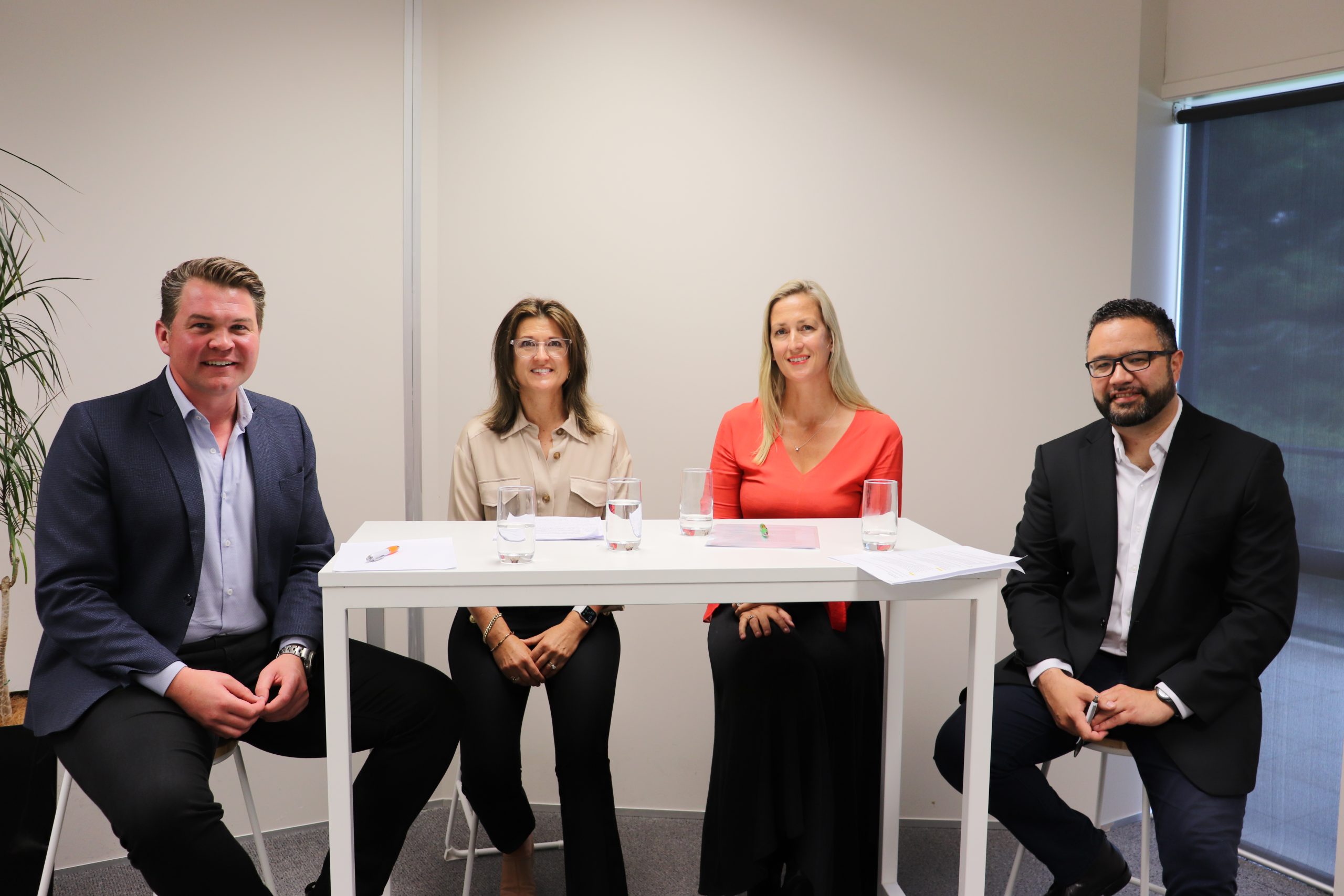
When it comes to recruitment for the right people, Bernadette says local businesses shouldn’t be afraid to head hunt out of the major cities to try to bring in the talent they need.
“After the second lockdown, we had a huge number of candidates looking to move here from Auckland as they saw us as a key city, but far enough removed to be unaffected by the potential of another lockdown.
“We also have this ex-pat pool returning and businesses need to be looking at ways that we can tap into that. There are some fabulous people with incredible global experience and we need to be finding those people.
Her top tip to access this talent? “Networking is one of the best things you can do as an employer. Be brave enough to put yourself out there, have a conversation. It is an essential part of the job search on both sides.”
However, recruiting or retaining top talent comes at a price. Of the respondents who indicated their concerns were rising business costs, 40% said high staff costs were their main challenge.
Michelle Sinclair, Senior Tax & Development Manager at Baker Tilly Staples Rodway, says while a business must be prepared to pay what someone is worth, it is not the only aspect of a role that employees are attracted to and employers need to be looking at the bigger picture when it comes to finding the right people.
“One of the things I love about my role is the growth opportunities that come with it. I’m not put into a box for my particular skillset. If they see capability as important and embrace it, they allow me to give it a go and that is so important to highly skilled individuals.”
Michelle adds that planning is the key to mitigate the incoming tide of rising costs – including staff salaries – and businesses that are agile, can adapt to the market and embrace new opportunities will drive growth.
“The definition of insanity is doing the same thing over and over, and not changing anything, so look for the opportunities, start investing and make the most of what is presented to you. Analyse where you are at, look at your financial structure and don’t plan to ‘set and forget’.”
